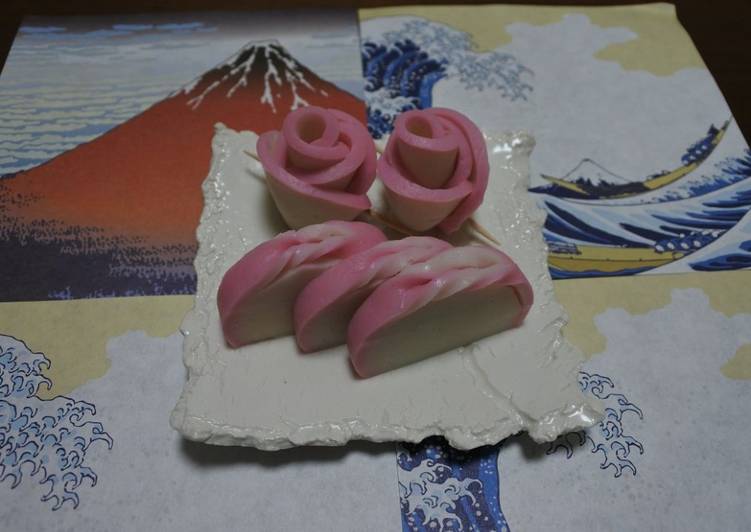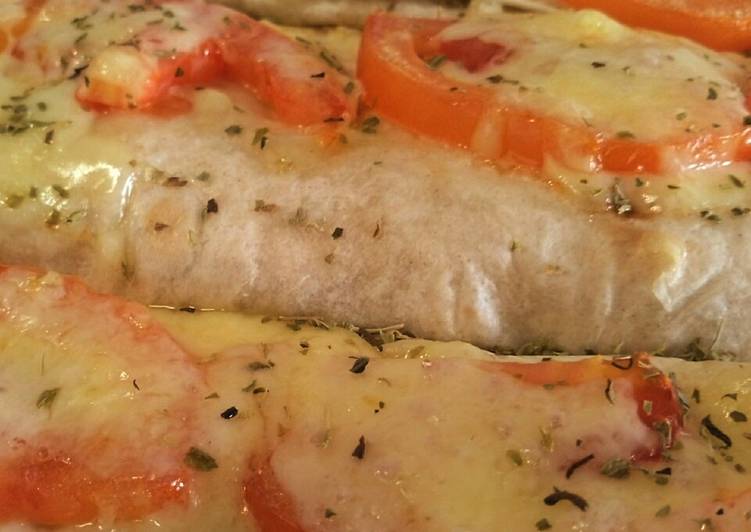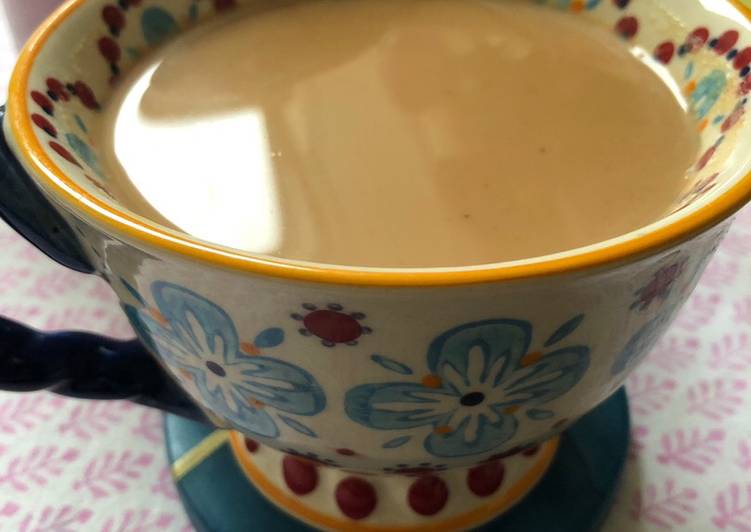
Hello everybody, it’s me, Dave, welcome to my recipe page. Today, we’re going to make a special dish, how to make decorative kamoboko. One of my favorites. This time, I’m gonna make it a bit tasty. This will be really delicious.
Kamaboko is the cake of the sea. Learn how to eat these fish cakes and where they came from. It's unknown when exactly kamaboko was first made in history, but the first known record of it is in picture form found in a tome from the Heian period.
How to make decorative kamoboko is one of the most popular of current trending meals in the world. It is appreciated by millions every day. It’s simple, it is quick, it tastes delicious. How to make decorative kamoboko is something which I have loved my entire life. They’re fine and they look fantastic.
To get started with this recipe, we must prepare a few ingredients. You can cook how to make decorative kamoboko using 2 ingredients and 10 steps. Here is how you can achieve it.
The ingredients needed to make How to make decorative kamoboko:
- Make ready 1 half bar of kamaboko
- Take some tooth picks
See separate entry; Sumaki or Mushiita: Steamed Kamaboko; In the fish and seafood trade, in Japan at least, kamaboko products. Kamaboko, sometimes referred to as fish cake, is a Japanese processed seafood product. It's a popular addition in noodle and rice dishes and other meals. One unique cutting technique you can do with.
Steps to make How to make decorative kamoboko:
- Make the kamaboko 2slices thinly.
- Roll up them one by one.
- Like these
- Pin the edge of them using a tooth pick.
- It's done!!!
- Make the kamaboko 1cm slice.
- Peel the pink part leaving 2cm of the end.
- Cut 2cm in the center.
- Put the end through the hole.
- It's done !!
Kamaboko, or Japanese fish cake, is both a traditional food and ingredient used in many different dishes and is what is used to make imitation crab. Konbumaki kamaboko are fish cakes that have a very thin layer of kelp inside. To make the fancy design, the fish cake paste is rolled with the kelp to. Make your own loaf of kamaboko and chikuwa skewer while learning about the cultural history of fish paste in Odawara, a seaside castle town near Tokyo. The smell of the Suzuhiro Kamaboko Museum in Odawara leaves no doubt that real fish, and lots of it, is being processed here.
So that is going to wrap it up with this exceptional food how to make decorative kamoboko recipe. Thank you very much for your time. I’m confident you will make this at home. There’s gonna be interesting food at home recipes coming up. Remember to save this page on your browser, and share it to your loved ones, friends and colleague. Thanks again for reading. Go on get cooking!


